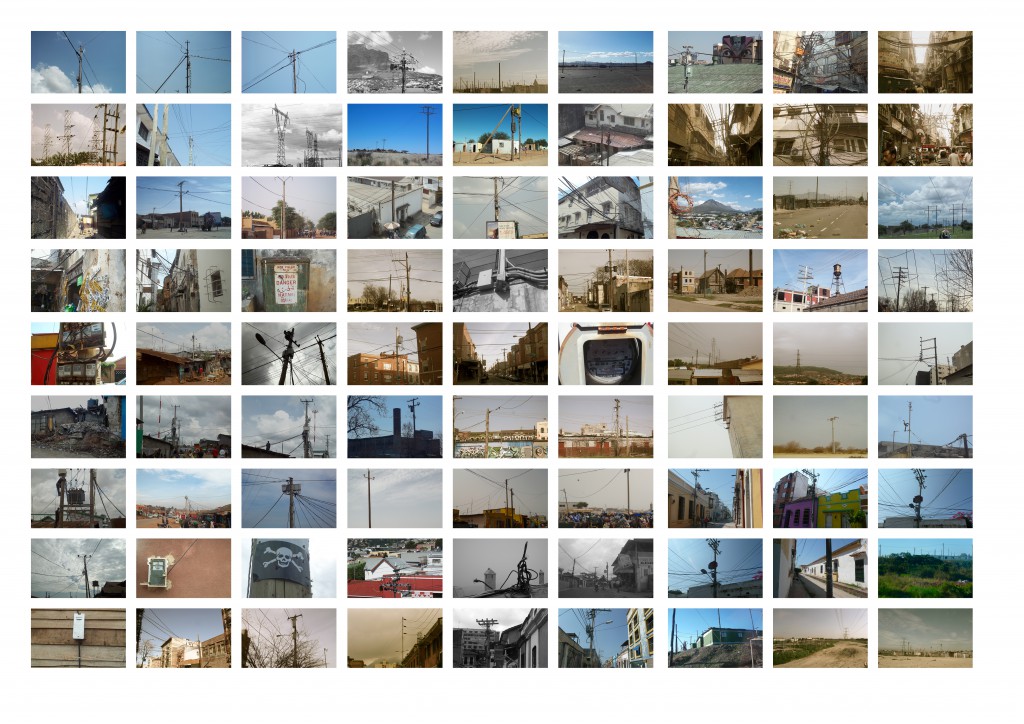PhD seminar in Stockholm on “Emancipation in an Urban Century: From more-than-human political moments to the figure of the Anthropo-ob(S)bene”, from 12-13 October, 9:00-12:00 both days is hosted by the KTH’s Environmental Humanities Laboratory.
Emancipation in an Urban Century:
From more-than-human political moments
to the figure of the Anthropo-ob(S)cene
12-13 October, 9:00-12:00 both days
Venue: KTH’s Environmental Humanities Laboratory at KTH Division of History (exact venue to be announced later)
Lead and organised by Henrik Ernstson, Irma Allen and Daniele Valisena
Contact for questions and participation: Irma Allen (irma.allen@abe.kth.se)
This seminar gathers literature that grapples with what agency and emancipation could mean in an intensely more-than-human and rapidly urbanizing world. Departing broadly from the field of urban political ecology, the seminar interrogates two central, but tension-filled concepts: ‘the anthropocene’ and ‘the more-than-human’ to get a better handle of what emancipation might mean in our urban century. More information will follow closer to the seminar. At this stage, please read the abstract below and let us know if you would like to join us!

Photos of urban infrastructures by Jonathan Silver.
The discourse of ‘the anthropocene’ has arrived on the stage to give us support to handle our predicament of socioecological crises, from local to global scales. One part of the literature that we have selected (2 newly written chapters and 1 article) questions the notion of ‘the anthropocene’ in how it presents a technomanagerial ‘solution’, which not only evades underlying processes of our economic system, but also depoliticizes socioecological processes, while silencing marginalized ways of knowing. This literature (departing from neo-Marxist, postcolonial, and Rancièrien schools of thought) interrogates ‘the anthropocene’ to show how it works to create a depoliticizing stage or script where emancipatory agency—the ability to develop more equal relations—is forever placed in a future where humanity is treated as a single species, diminishing differences and disagreements and making agency itself appear null and void. This literature also critically engages with so called ‘object oriented ontologies’ for how they seem to present themselves as ‘new’ and ‘radical’, but with a risk (without perhaps intending to) of deepening capitalist processes through geo-engineering, to softer approaches of ‘earth system stewardship’.
The second part of the literature (1 new chapter and 3 articles) engages and troubles the status of the ‘more-than-human’. These articles tries to help us to think through what is productive about more-than-human approaches and how they might be connected to emancipatory politics, from the decolonization of knowledge production and #RhodesMustFall, to questions developed through speculative design approaches around ‘more-than-human political moments’ and the transformation of waste as a ‘matter out of place’ to ‘signs of life’.
The third part of the literature (3 articles) provides an background and overview of the field of Urban Political Ecology, which loosely holds the seminar together. We write ‘loosely’ as you do not need to be an urban scholar, or a political ecologists for that matter, to participate.
Who can participate?
Basically anybody with an interest in politics, ecology, climate change, animal rights, and urbanization broadly speaking. We are hoping to gather an interdisciplinary seminar with critical and human geographers, STS and environmental historians, environmental scientists and systems ecologists, urban studies scholars, but also anthropologists, sociologists, decoloniality and radical race scholars, more-than-human thinkers, and political theorists.
Typically you would be a PhD student, or established scholars. Interested MSc/MA students should also let us know of their interest. Please send a short email to Irma Allen describing your interest in the seminar, or a question you might have. As mentioned, more information will follow.
Reading list
Part 1
Swyngedouw, Erik, and Henrik Ernstson. n.d. “O Tempora! O Mores! Interrupting the Anthropo-ob(S)cene.” In Urban Political Ecology in the Anthropo-ob(S)cene: Political Interruptions and Possibilities, edited by Henrik Ernstson and Erik Swyngedouw. Oxford: Routledge.
Henao Castro, Andrés, and Henrik Ernstson. n.d. “‘Hic Rhodus, Hic Salta!’ Postcolonial Remains and The Politics of the Anthropo-Ob(s)cene.” In Urban Political Ecology in the Anthropo-ob(S)cene: Political Interruptions and Possibilities, edited by Henrik Ernstson and Erik Swyngedouw. Oxford: Routledge.
Ruddick, Sue. 2015. “Situating the Anthropocene: Planetary Urbanization and the Anthropological Machine.” Urban Geography 3638 (October). Routledge: 1–18. doi:10.1080/02723638.2015.1071993.
Part 2
Àvila, Martìn, and Henrik Ernstson. n.d. “Realms of Exposure: A Speculative Design Perspective of Material Agency and Political Ecology.” In Grounding Urban Natures: Histories and Futures of Urban Ecologies, edited by Henrik Ernstson and Sverker Sörlin.
Garuba, Harry. 2003. “Explorations in Animist Materialism: Notes on Reading/Writing African Literature, Culture, and Society.” Public Culture 15 (2): 261–86. doi:10.1215/08992363-15-2-261.
Green, Lesley. 2015. “The Changing of the Gods of Reason: Cecil John Rhodes, Karoo Fracking and the Decolonizing of the Anthropocene.” E-Flux Journal #65 Supercommunity, no. May-Aug.
Reno, Joshua Ozias. 2014. “Toward a New Theory of Waste: From ‘Matter out of Place’ to Signs of Life.” Theory, Culture & Society 31 (6): 3–27. doi:10.1177/0263276413500999.
Part 3:
Heynen, N. 2013. “Urban Political Ecology I: The Urban Century.” Progress in Human Geography 38 (4): 598–604. doi:10.1177/0309132513500443.
Rademacher, Anne. 2015. “Urban Political Ecology.” Annual Review of Anthropology 44 (1): 137–52. doi:10.1146/annurev-anthro-102214-014208.
Swyngedouw, Erik, and Nikolas C Heynen. 2003. “Urban Political Ecology, Justice and the Politics of Scale.” Antipode 35: 898–998.


